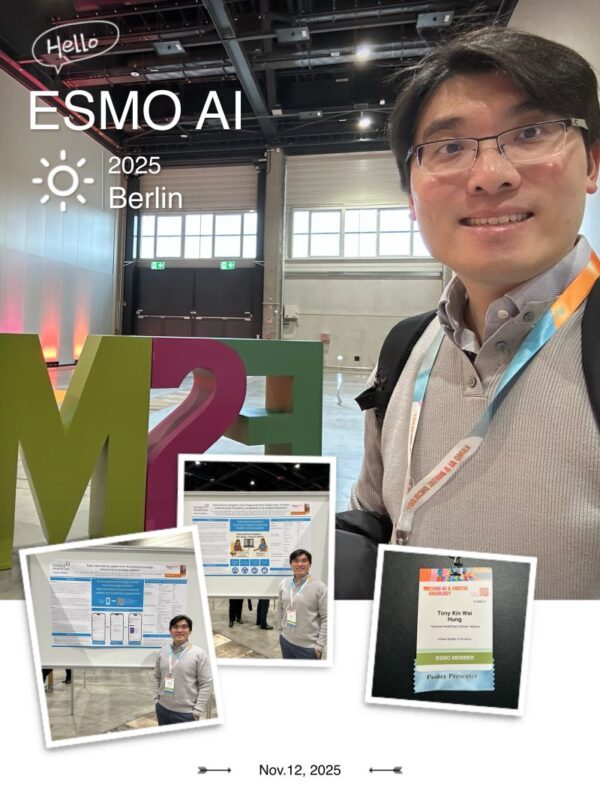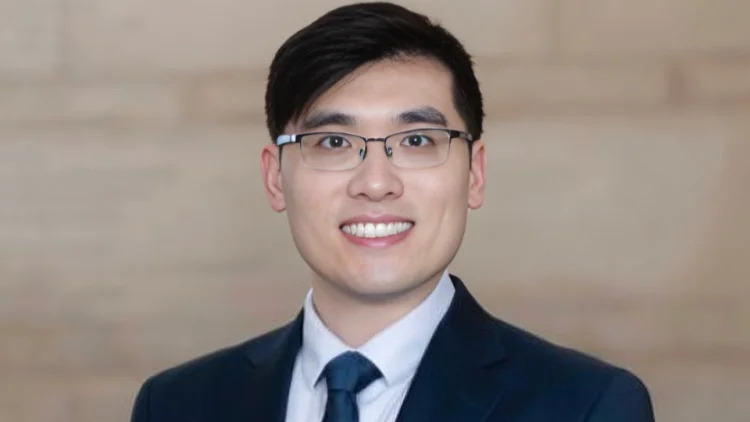Tony Hung, Medical Oncologist and Clinical Informatics Executive at Hartford HealthCare, shared a post by AMIA (American Medical Informatics Association) on LinkedIn:
“Reflections from ESMO – European Society for Medical Oncology AI & Digital Oncology 2025 — Berlin
Despite battling an untimely URI, this trip was well worth it. I had the privilege of representing Hartford HealthCare Cancer Institute at a time when AI in oncology is moving rapidly from experimentation to execution — from “what’s possible” to “what’s working.”
This year, I presented two studies that reflect that shift:
Telemedicine-enabled oncology–hospice care
In collaboration with our esteemed colleagues at Memorial Sloan Kettering Cancer Center, we evaluated a digital model of oncology home hospice. Our data showed that technology — when thoughtfully implemented — can meaningfully strengthen communication and care continuity in the final chapter of a patient’s life.
Global uptake of an AI-powered clinical-trial knowledge platform (LookUpTrials by TeamX Health)
A multi-institutional pilots demonstrating real-world use of AI to support clinicians with fast, trusted trial information at the point of care.
Across the conference, a clear theme emerged:
The conversation is shifting from AI performance to AI that improves patient care and system performance in the real world — governance, safety, monitoring, workflow alignment, and measurable impact.
As health systems, our responsibility isn’t just to deploy AI — it’s to deploy AI responsibly, equitably, and in service of better care at scale.
Grateful for the opportunity to share our work and to learn from colleagues around the world. The future of digital oncology is collaborative, and we are just getting started.”

More posts featuring Tony Hung on OncoDaily.


